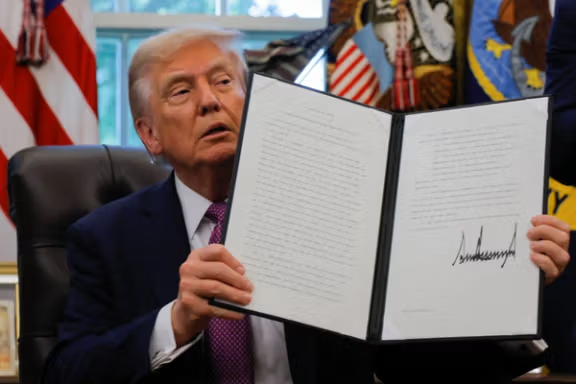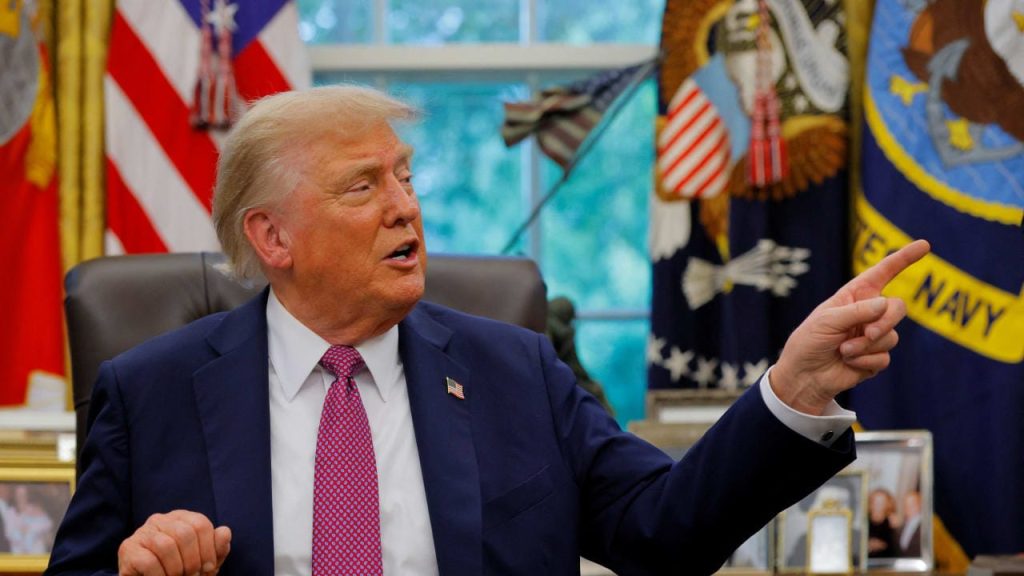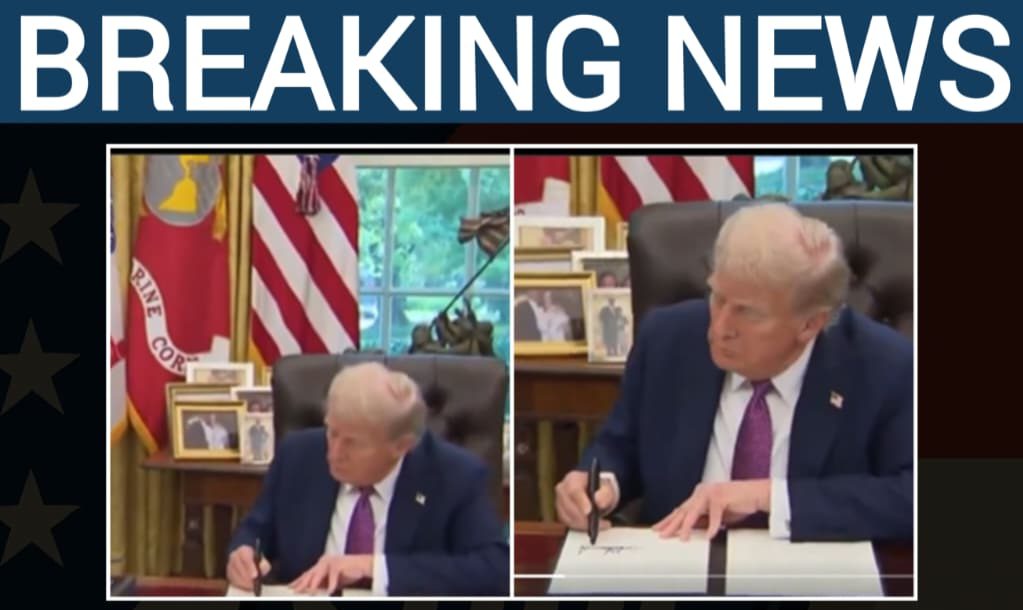President Trump Signs Executive Order Creating “State Sponsor of Wrongful Detention” Designation to Punish Nations Holding Americans Unjustly
President Donald Trump has taken a step that could reshape how the United States deals with the painful issue of wrongful detentions abroad. On September 5, 2025, he signed a groundbreaking executive order that creates a brand-new classification called the “State Sponsor of Wrongful Detention.” This designation gives the U.S. government the power to formally identify foreign governments or even powerful non-state actors that hold Americans unjustly and use them as bargaining chips. What makes this move so significant is that the designation isn’t just a symbolic label—it comes with real consequences like economic sanctions, visa bans, travel restrictions, and limits on U.S. assistance.

For years, the families of Americans held overseas have pleaded for stronger action. Many of them describe living in a nightmare where their loved ones are stuck in prisons, often without fair trials or under false charges, while negotiations drag on for months or even years. Previous administrations have relied on diplomacy, backchannel deals, or prisoner swaps, but the sense has always been that the U.S. needed more tools to stop what has come to be known as “hostage diplomacy.” With this order, Trump and Secretary of State Marco Rubio are trying to create a deterrent strong enough to change the calculations of countries that see Americans as leverage.
The executive order works by empowering the State Department to investigate cases and, if necessary, designate a country as a state sponsor of wrongful detention. Once that label is applied, sanctions can follow almost immediately. These range from freezing assets and blocking exports to banning entry into the United States for government officials involved. In some cases, the law also allows the U.S. to restrict travel for its own citizens to those countries, a measure meant to prevent future detentions. Rubio was blunt in his warning, saying that anyone who uses an American as a bargaining chip “will pay the price.” He compared the new measure to the long-standing list of state sponsors of terrorism, underscoring how serious the consequences could be.
Though no countries have been named yet, the administration has signaled that places like Russia, Iran, Venezuela, China, and Afghanistan are under review. Each of these nations has been involved in high-profile cases where Americans were arrested and held under disputed charges. Families of those currently detained are watching closely, with many expressing hope that this might finally put enough pressure on foreign governments to bring their loved ones home. Advocacy groups such as the James W. Foley Legacy Foundation and Global Reach have welcomed the move, calling it a meaningful way to back up words with action.
Of course, the new policy also raises questions. Some critics worry that broad sanctions could end up punishing ordinary people or worsening diplomatic tensions that already make negotiations difficult. The National Iranian American Council, for example, has warned that the sweeping scope of penalties could inadvertently harm diaspora communities and complicate humanitarian exchanges. Others say the administration will need to strike a delicate balance between punishment and diplomacy, making sure the ultimate goal remains the safe return of Americans.

Still, for many families and supporters, this executive order is a long overdue message to governments that treat human lives as bargaining tools. Since returning to office earlier this year, Trump’s administration has overseen the release of seventy-two Americans, nearly matching the total freed during his previous term. That momentum, paired with this new designation, suggests the administration is determined to show strength in one of the most personal and emotional areas of foreign policy.
At the heart of this story are people—sons, daughters, fathers, mothers—who are locked away far from home for reasons that have little to do with justice. For them, this order is not just about policy but about the possibility of finally seeing freedom. Whether it proves effective will depend on how it is applied and whether countries take the threat of sanctions seriously. For now, it represents a new chapter in the fight to protect Americans abroad, one that blends hard power with the hope of bringing loved ones back where they belong.


